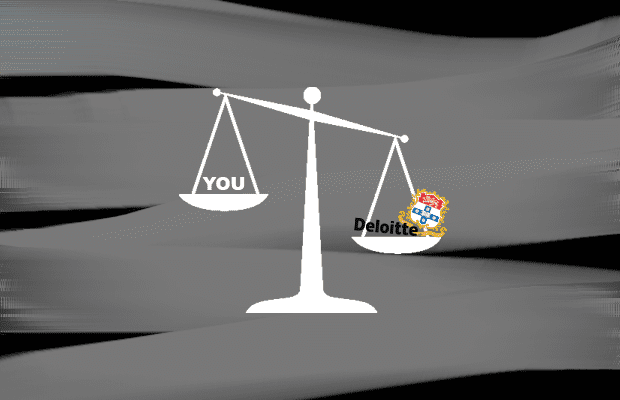The Student Disciplinary Appeals Committee (SDAC) and Student Appeals Body (SAB) are staring down a backlog of cases with some students waiting longer than a fortnight for the outcomes of their appeals.
Administrative delays in the student appeals process are commonplace. 38% of SAB appeals took longer than two months to resolve, according to a report to the Senate in 2018.
On average, SAB appeals were resolved within 52 days of lodgement last year.
In late August, a University spokesperson told Honi that several decisions were delayed, due to factors including academic workload, the complexity of appeals and the availability of panel members.
“All our review panels prioritise procedural fairness and due academic process,” the spokesperson said.
Last year, the University’s Student Consultative Committee investigated the increasing duration of academic appeals, commissioning an audit by professional services company Deloitte.
The audit found significant variation and delay in SAB appeals, an issue partly rectified by the roll-out of a partly automated faculty-level workflow system.
The SAB is the highest level of academic appeal at the University. Students end up at the SAB after an extended process involving resolution with the original marker or assessor, followed by an appeal to the Faculty Panel. The SAB holds formal hearings into a range of matters including challenges to marks and special considerations. At these hearings, students may bring representatives.
Likewise, students arrive at SDAC after appealing against disciplinary proceedings. In some cases, the University Registrar can suspend a student pending the outcome of an appeal. Where the appeal hearing is subsequently delayed because of administrative reasons, students end up undergoing a prolonged suspension.
The University’s Student Discipline Rule stipulates that students have a right to procedural fairness.
Student panellists sit on both committees alongside faculty reprentatives.
SRC Vice President Dane Luo has been a panellist on these appeals in the past. He told Honi the delays are “deeply concerning.”
“Students, who have waited a long time already during the informal and faculty appeal processes, will need to continue waiting to find out whether they can graduate soon or study a unit.”
“I am concerned that students do not have the opportunity to submit a reply or response to the faculty’s submissions before a hearing.”
To date, the SAB has held 21 hearings this year and SDAC have held 11 hearings with six upcoming.
At the time of publication, more than four SDAC and two SAB decisions were pending.





